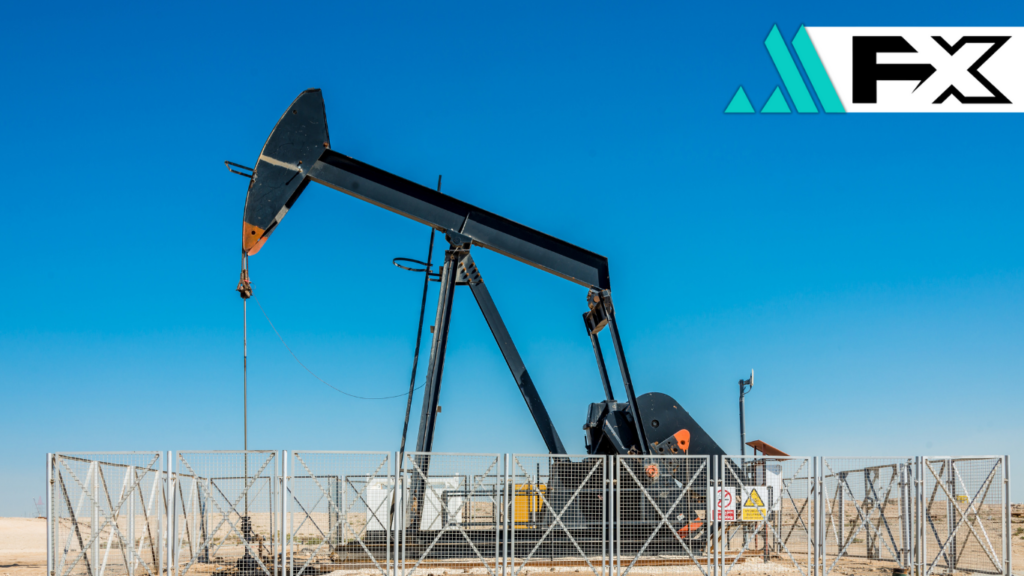Crude oil prices slid sharply on Thursday, losing over 3% after President Donald Trump’s sweeping tariff announcement raised concerns about slowing global demand. Investors fear the new trade barriers could hinder economic growth, reducing fuel consumption.
By 09:18 GMT, Brent crude fell $2.66 (3.55%) to $72.29 per barrel, while U.S. West Texas Intermediate (WTI) dropped $2.69 (3.75%) to $69.02. The losses mark a sharp reversal from recent gains, highlighting market jitters over potential disruptions in trade flows and inflationary pressures.
Tariff Shock Ripples Through Energy Markets
On Wednesday, Trump announced a 10% tariff on most imported goods, with even steeper levies on certain products. The decision rattled markets, raising fears of a full-scale global trade war.
Key takeaways from the announcement:
- Oil, gas, and refined products are exempt from the new tariffs.
- U.S. and global economic growth projections face downward revisions due to escalating trade tensions.
- UBS analysts slashed their oil price forecasts by $3 per barrel for 2025-26, now expecting an average of $72 per barrel.
IG market strategist Yeap Jun Rong noted, “Markets were caught off guard. While speculation suggested a 15-20% tariff, the final decision was more aggressive, forcing a reassessment of global demand prospects.”
What’s Next for Oil Prices?
Energy traders now expect heightened price volatility, as major economies may respond with countermeasures. Tamas Varga, an analyst at PVM, warned, “Retaliatory tariffs are imminent, raising fears of stagflation and recession.”
Additional market pressures include:
- Surging U.S. crude stockpiles—The Energy Information Administration (EIA) reported an unexpected 6.2-million-barrel inventory build last week, far exceeding forecasts of a 2.1-million-barrel decline.
- OPEC+ Policy Decisions—Investors are closely watching the OPEC+ meeting on Thursday, where discussions on Kazakh production levels could influence future supply dynamics.
With tariff-driven uncertainty and supply-demand imbalances, oil markets may experience prolonged volatility, keeping investors on edge.


